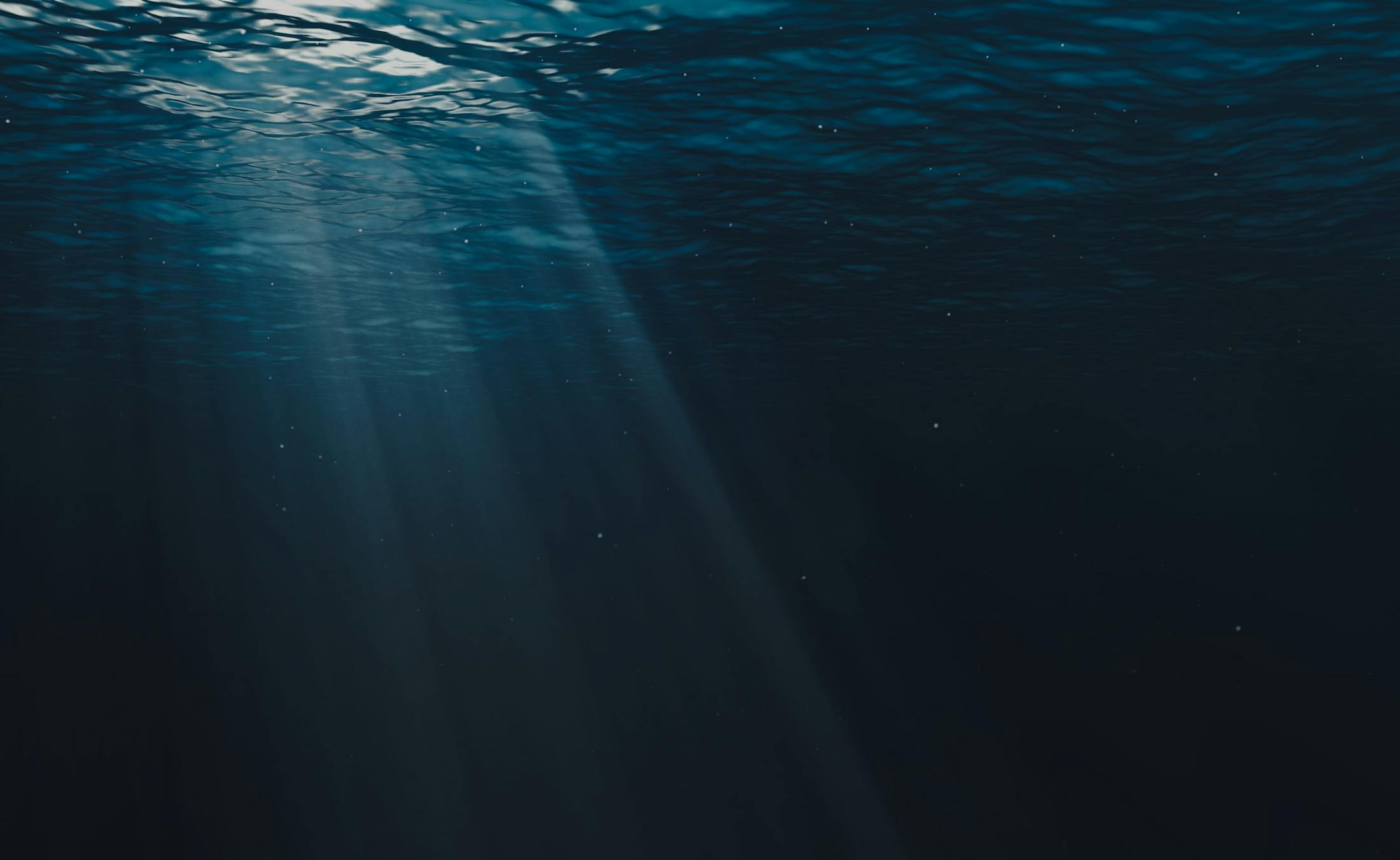A tragic boating accident occurred during a fishing tournament on Saturday, March 12, 2022, when a man, the son of a Venezuelan banking billionaire was killed by the propellers of a Sport Fishing vessel.
According to several news sources, Juan Carlos Escotet Alviarez, 31, jumped into the water to save his fiancée, Andrea Montero, 30, when she was knocked over the stern of a Sport Fishing vessel, the Otoro, by the vessel’s captain. In an effort to save his fiancée, Mr. Alviarez heroically jumped into the water. The Florida Fish and Wildlife Conservation Commission (FWC) reports that the Otoro was six (6) miles east of Ocean Reef Club backing down (throttling backwards), indicating that the anglers onboard were fighting a game fish. Ms. Montero was fortunately not struck by Otoro’s propellers. Mr. Alviarez, however, was reportedly struck, resulting in his death.
Our deepest sympathies go out to the Alviarez family and to Ms. Montero. Likely now, during the grieving process, is not the time to contemplate legal recourse, but at some point that might change depending if there was negligence on the part of the crew or captain of the Otoro. Although an FWC investigation is still pending, and the findings of that report will likely not be made public for several months, the yacht owner may face civil liabilities for the death of Mr. Alviarez. Maritime law allows a victim of a maritime tort, and in cases involving death, a decedent’s family, to bring a civil lawsuit for damages against a vessel owner for its own active or passive negligence, meaning the negligence of a crewmember or a captain of a vessel, and the vessel itself, in what’s referred to as an in rem claim for any negligence having a causal relationship to the accident. A claim for negligence can be based on several theories such as not having a proper lookout posted while operating the yacht in reverse.
In defending against such a suit, the potential defendants here may assert several defenses or avoidances such as comparative fault and/or Limitation of Liability, depending upon the facts of the case.
Damages recoverable in a maritime wrongful death are determined by the location of the death, specifically, the location of the Gulfstream on the day of the incident. If a death occurs within the Gulfstream, the Death on the High Seas Act (DOHSA) will apply, allowing only for pecuniary (economic) damages to be recoverable. If a death occurs shoreward of the Gulfstream’s most westerly wall, pecuniary (economic) and non-pecuniary (non-economic) damages will be recoverable which can include pre-death pain and suffering, loss of net accumulations, mental anguish suffered by loved ones, as well as loss of support and services. It is unknown at this time if the family will bring a civil lawsuit.
Once again, our deepest sympathies go out to the Alviarez family and to Ms. Montero. Since this claim will be governed by Maritime Law, our only suggestion to the family is to seek out an experienced maritime practitioner, preferably one who is Board Certified in Admiralty and Maritime Law.


